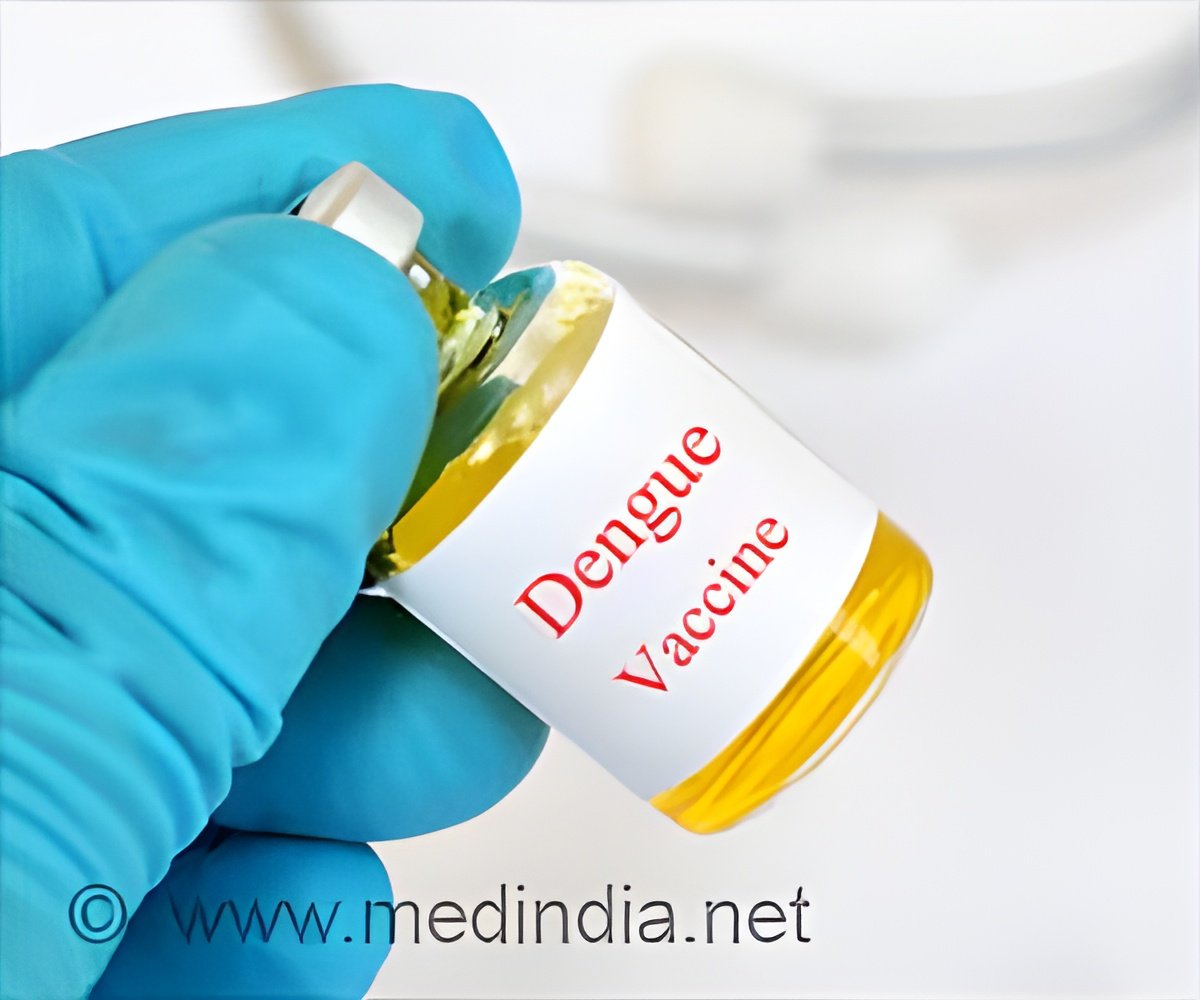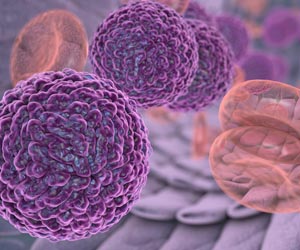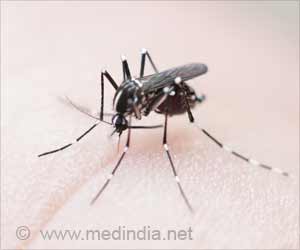A safe and effective dengue virus vaccine needs to stimulate neutralizing antibodies against all four different virus types, or serotypes targeting their unique sites.

The published study in the Journal of Clinical Investigation discovers that a small subpopulation of antibodies binding to unique sites on each serotype are linked to protection. This information is important for vaccine developers to consider when creating a dengue vaccine.
The four dengue virus serotypes are mosquito-borne flaviviruses that infect hundreds of millions of individuals reporting flu like symptoms each year in Southeast Asia, western Pacific Islands and Africa.
During secondary infection The virus can cause severe illness, especially when a person who has previously infected with one serotype and then reinfected by a second serotype.
This happens because antibodies from the first infection help the virus replicate during the second infection through a process called antibody dependent enhancement.
The same phenomenon occurs when dengue vaccine induced antibody response weighted towards a single dengue virus serotype.
Advertisement
Though the vaccine stimulated neutralizing antibodies that recognized epitopes common among all serotypes, it did not protect children from dengue.
Advertisement
Source-Medindia













